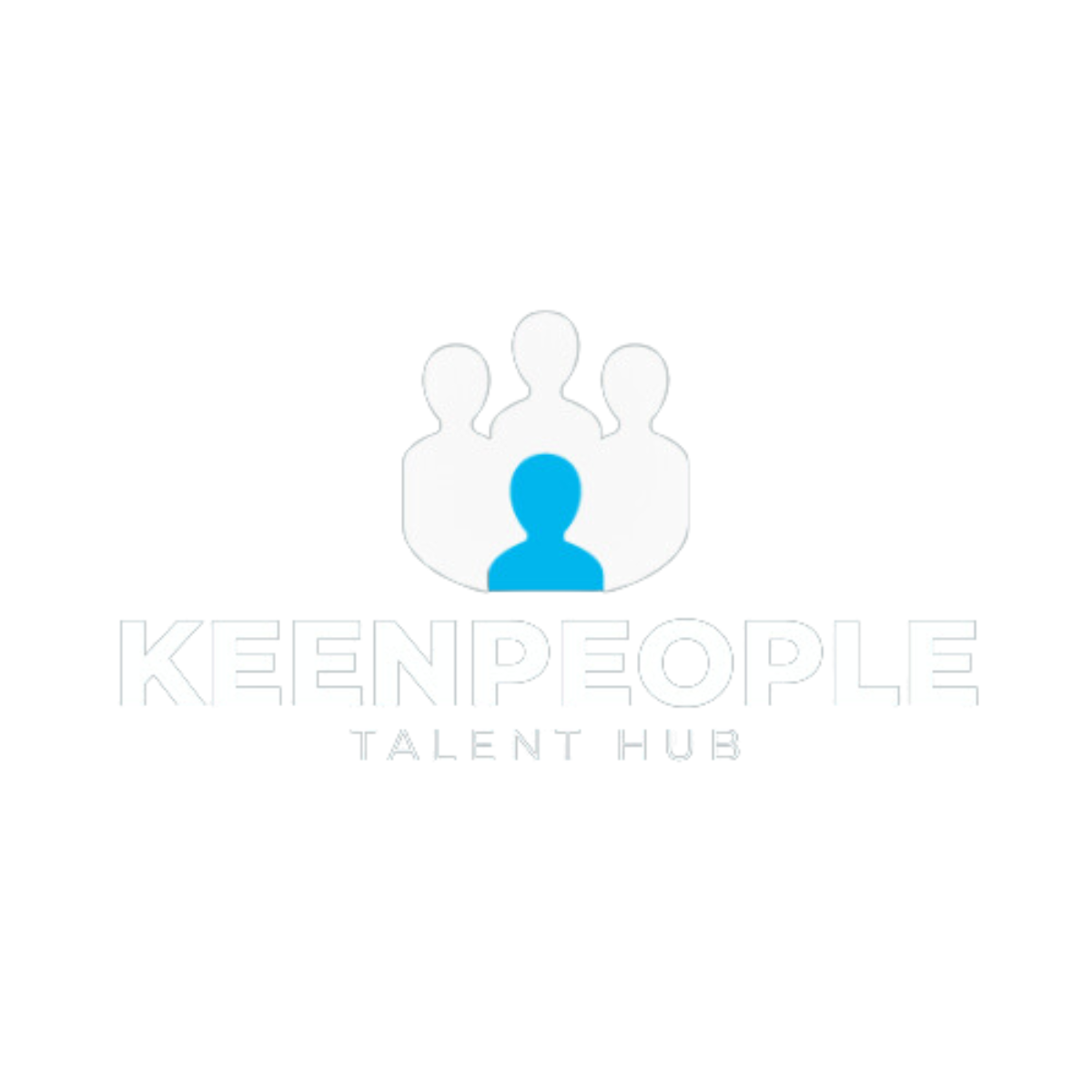The way companies hire in 2026 looks very different from even a few years ago. Capital-conscious markets and tighter margins have forced businesses to rethink how they build teams. At the centre of this shift are two models that are transforming recruitment: fractional recruiters and talent hubs.
Fractional recruiters have grown in popularity because they offer flexibility. Instead of hiring full-time internal recruiters, businesses can tap into experienced professionals only when they need them. These experts know how to hit the ground running, saving time and cost. Yet, while fractional recruitment solves part of the challenge, it still leaves companies asking: how can we create a repeatable, scalable, and budget-friendly hiring engine?
This is where talent hubs step in.
What Makes a Talent Hub Different?
A talent hub is not just another recruitment agency or database. It’s a subscription-based model that combines continuous access to talent with streamlined processes designed around business needs.
Companies who use this model benefit from:
- A diverse talent network that reaches across industries and functions, ensuring a pipeline of the right people is always within reach.
- Optimised operations through a partner portal that simplifies job postings, interview scheduling, and candidate tracking.
- Tailored sourcing strategies built around company culture, role requirements, and long-term objectives.
- Predictable costs, with subscription fees spread monthly, making recruitment cashflow-friendly instead of front-loaded and risky.
- Reliability guarantees, including free replacement promises and rollover searches so that every investment delivers results.
Unlike traditional recruitment, a talent hub provides ongoing partnership rather than one-off transactions. That means hiring managers are never starting from scratch and talent pipelines stay active even when internal teams are stretched.
Fractional Recruiters + Talent Hubs = Lean Growth
On their own, fractional recruiters bring agility. On their own, talent hubs bring structure and consistency. Combined, they create a future-proof recruitment strategy.
Fractional recruiters can plug directly into a talent hub system, using its network, screening tools, and subscription-backed support to operate at maximum efficiency. Businesses benefit from both speed and stability: fast access to skilled professionals, and a model that guarantees alignment with long-term hiring goals.
Why This Matters in 2026
In an environment where every hire counts and budgets are under scrutiny, recruitment models need to deliver more than short-term fixes. Talent hubs provide a scalable foundation for hiring, while fractional recruiters give companies the flexibility to adapt to shifting priorities.
Together, they represent the future of building teams: smart, cost-effective, and designed to keep businesses ahead of the curve.

